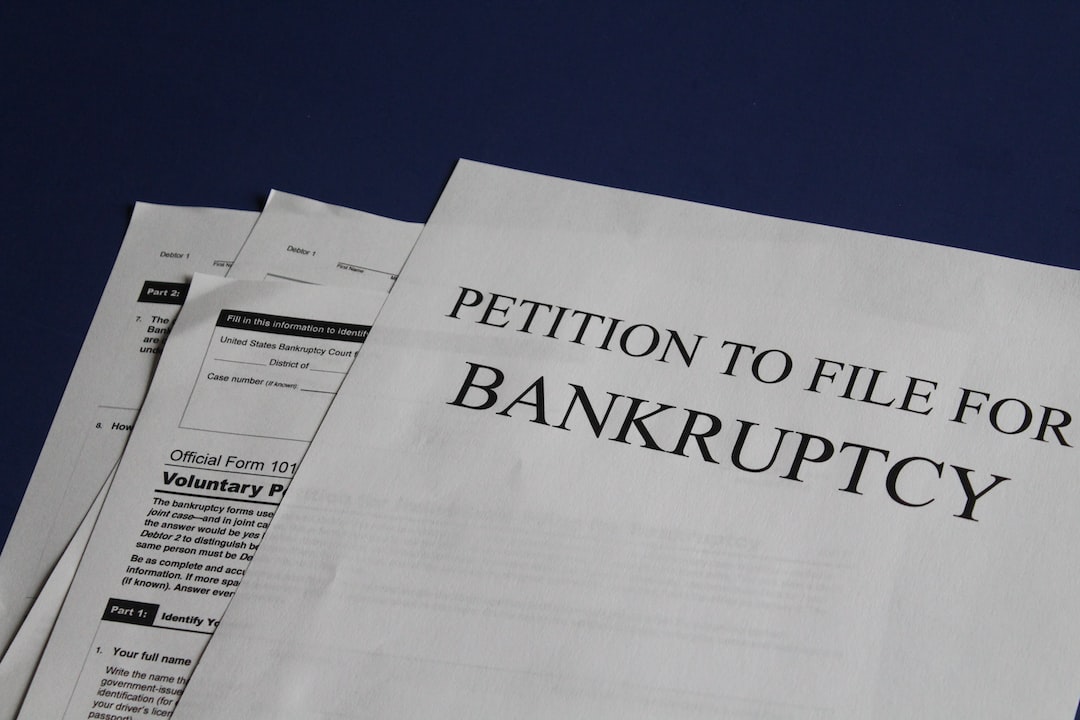A Guide to Personal Injury Lawsuits
Accidents happen. No matter how careful we are on a day-to-day basis, there will always be instances where we find ourselves facing unexpected injuries or damages caused by someone else’s negligence. In such situations, understanding personal injury lawsuits becomes crucial. This guide aims to provide you with a comprehensive overview of personal injury lawsuits, outlining the steps involved, and giving you tips on how to navigate through the process.
Firstly, what is a personal injury lawsuit? A personal injury lawsuit is a legal dispute that arises when one person suffers physical, emotional, or psychological harm due to someone else’s negligence or intentional actions. These lawsuits allow victims to seek compensation for their injuries, medical expenses, lost wages, and other damages suffered.
The first step in pursuing a personal injury lawsuit is to evaluate your case. Ask yourself whether you have valid grounds for legal action. To do this, you must prove that the other party had a duty of care towards you, breached that duty, and that the breach resulted in your injury. Gathering evidence, such as medical records, eyewitness testimonies, and photographs of the accident scene, can help strengthen your case.
Once you’ve determined that you have a valid claim, the next step is to find a competent personal injury attorney. It is essential to seek legal representation from an experienced lawyer with a specialization in personal injury cases. An attorney can guide you through the complex legalities of the lawsuit, negotiate with insurance companies on your behalf, and help you maximize your chances of receiving fair compensation.
After hiring an attorney, the next step is filing a complaint. This legal document officially initiates the lawsuit and sets out your claims against the defendant. It is crucial to ensure that your complaint accurately describes the events surrounding your injury and explicitly outlines the damages you are seeking. Your attorney will help you draft this document, ensuring all necessary details are included.
Once the complaint is filed, the defendant must respond within a specified period. This response typically involves admitting or denying the allegations made against them. If the defendant admits liability, the case may proceed to the negotiation phase, where both parties attempt to reach a settlement agreement. However, if the defendant denies liability or an agreement cannot be reached, the case will proceed to trial.
During the trial, each party presents evidence, witnesses, and arguments supporting their respective positions. The judge or jury will then determine liability and assess damages. It is essential for your attorney to present a strong case by presenting compelling evidence, expert testimonies, and persuasive arguments to maximize your chances of a favorable verdict.
If the court rules in your favor, the defendant will be ordered to pay you the awarded damages. However, if the judgment is not in your favor, you may have the option to appeal the decision. Appeals are a complex and time-consuming process, so consulting with your attorney is critical in such circumstances.
Personal injury lawsuits can be lengthy and emotionally taxing, but in many cases, they are necessary to ensure justice and fair compensation for victims. Remember to keep a thorough record of all medical bills, lost wages, and other expenses incurred due to the injury. These records will be crucial in determining the value of your claim and fighting for adequate compensation.
In conclusion, personal injury lawsuits provide a legal avenue for victims to seek justice and compensation for injuries caused by others. Evaluating your case, hiring an experienced attorney, filing a complaint, and presenting a strong case are essential steps in navigating through the legal process. By following this guide and seeking professional guidance, you can navigate personal injury lawsuits with greater confidence.

